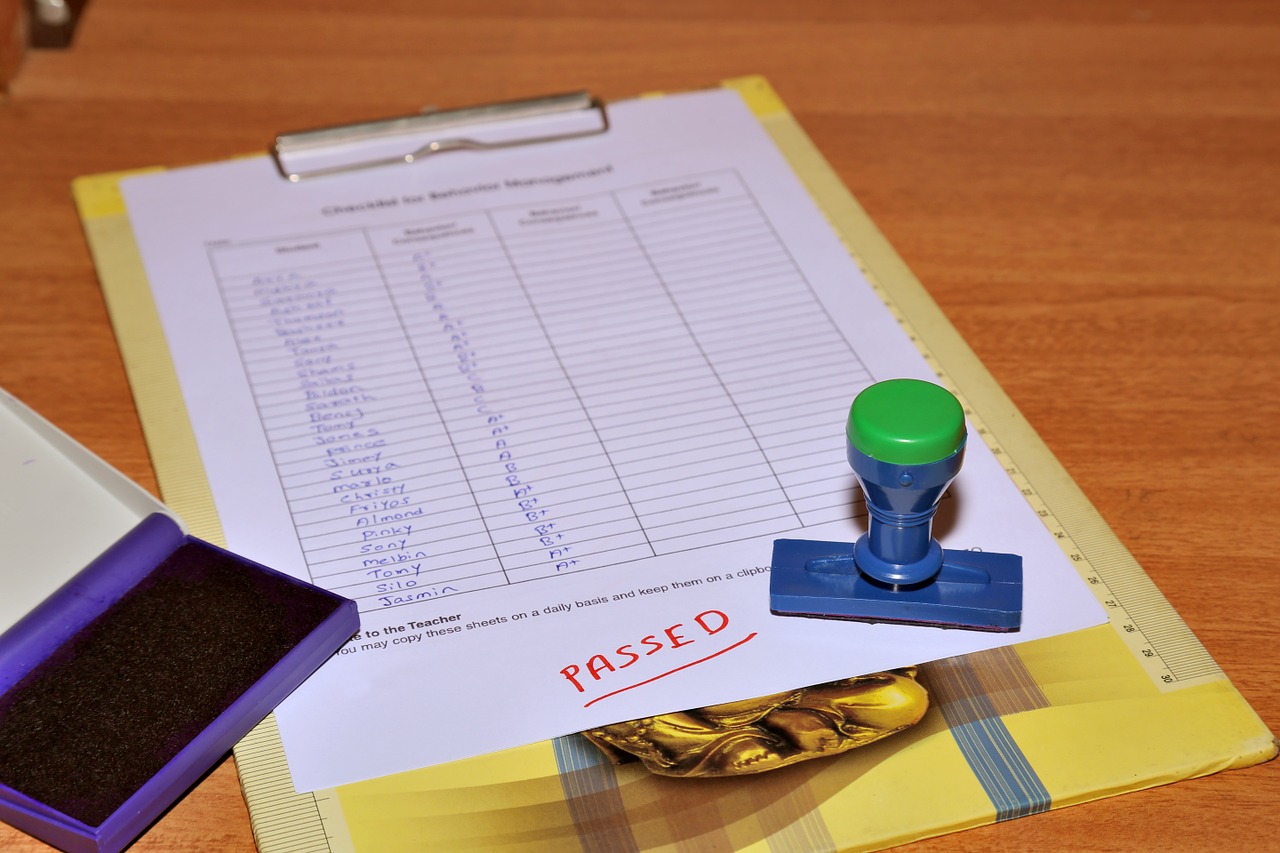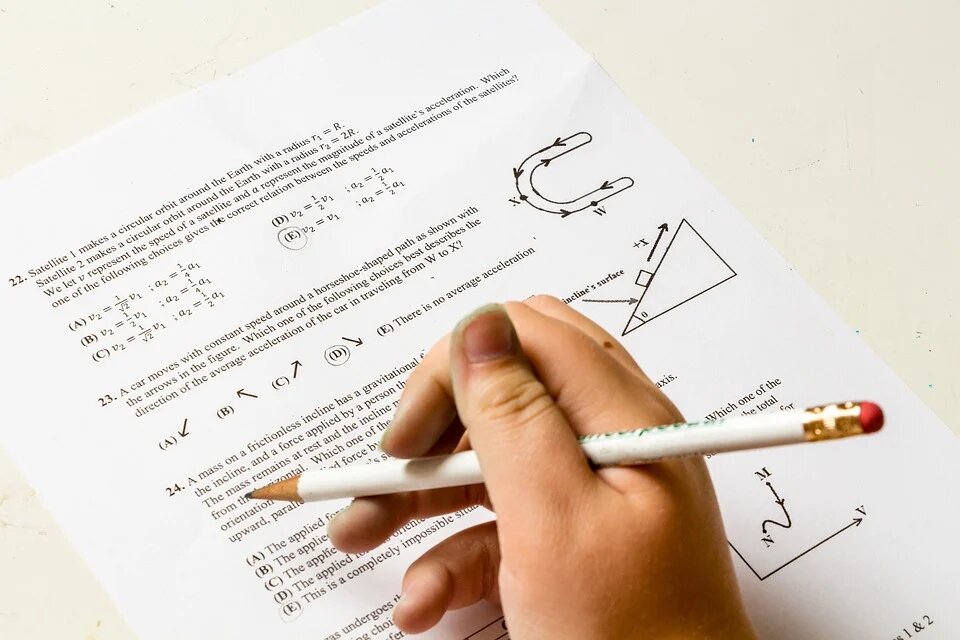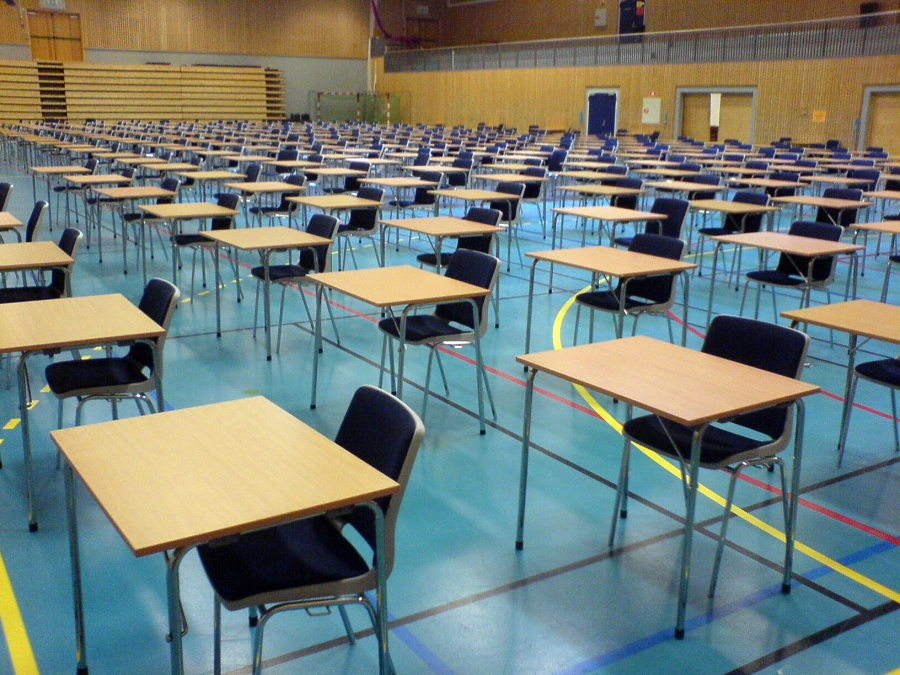Wow, now that’s a statement that will have a ripple effect over a generation! From selecting college courses to applying for jobs, a large asterisk will always accompany any grades provided coupled with the anxiety, anger or jubilation of the grade that was never officially achieved – even if it was well-deserved. Everyone responds to their results differently but many will take responsibility that they could have worked harder to achieve a higher grade. Not this year. The grade carried by every pupil will be the direct result of the teacher and so we enter the realm of the ‘blame game’.
No pressure at all for teachers, surely predicting the future is easy? Tellingly, data enthusiast Peter Atherton ran a small scale project on the accuracy of last year’s teacher predictions which came in at 40%. I am not surprised by the result, there are too many unforeseen variables but, until now, predictions never counted. Can you imagine if the Premiership Football League pulled in all the clubs and statisticians to predict the final outcome of individual player statistics and then from those findings award the golden boot and player of the year trophies? Or if this year’s Olympic award medals based on an athlete’s prior performance. I can’t see too many athletes being happy about it.
But this is what teachers have to do and are faced with many obstacles along the way such as grade inflation, grading bias, and gender and disadvantage gaps. Once submitted to the examination boards, the final hurdle will be their moderation to ensure that grade distribution fits national trends that could be far removed from the teacher and the initial predictions.

I worry of a backlash from pupils and parents and the weight of their concerns will fall directly on the shoulders of the schools. I don’t think anyone will deny that we are in a tricky situation, but when a pupil receives a grade 3, that understanding could quickly dissipate laying the groundwork to a dispute. Missing a grade 4 can have lasting repercussions but schools are at risk of appeals being levelled at every grade that could very well lead to an administrative meltdown.
It is here where we need absolute clarity from the Department of Education (DfE) and examination boards about post-GCSE procedures such as clear guidance around the question that many will ask, “Will there be an option for pupils to re-sit?” or “Will pupils be able to appeal the grade?”. At the start of April the DfE released some sweeping statements that both will happen. This all sounds great but, it is now May and there is still a lack of detail. I’m certain that the DfE is working overtime but, to coin a phrase from Ludwig Mies Van Der Rohe, “the devil is in the detail” and, we need the details so that we can start planning because this is not going to be straightforward.
My hope is that the government and examination boards will support teachers at the highest level. Schools are faced with the potential of an avalanche of resit requests and appeals and I don’t want to sound cynical but, teachers will be the target of blame without a coordinated, coherent and sustained message from the government.

Likewise, schools are accustomed to high levels of scrutiny and accountability, but, in the current situation, holding teachers directly responsible for this year’s outcomes would be disheartening. The DfE have taken the right step by stating they will not publish the data or school tables and that should be the same with all school’s internal performance reviews. There are already unsubstantiated rumours on the teacher’s gossip vine of high levels of accountability linking predicted grades to performance management; I do hope that this is fake news.
We are living through an unprecedented time, with challenges to the profession not experienced in many generations. The cancelling of GCSEs will have a lasting impact on our pupils and profession. Awarding grades is not ideal without the pupils actually sitting the GCSE but I can’t see a right answer. What I do know, however, is that there needs to be a realistic, common sense understanding to what teachers are facing and that we, as well as everyone connected to education, want the best for our pupils. Our resolve will be put to the test in August and the current comradery within the profession needs to hold to ensure that our pupils get the best possible outcome.
References
Atherton, P. (2020, March 21). Accuracy of Predictions: Research. https://dataeducator.wordpress.com/2020/03/21/accuracy-of-predictions-research/


















